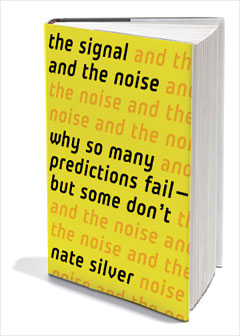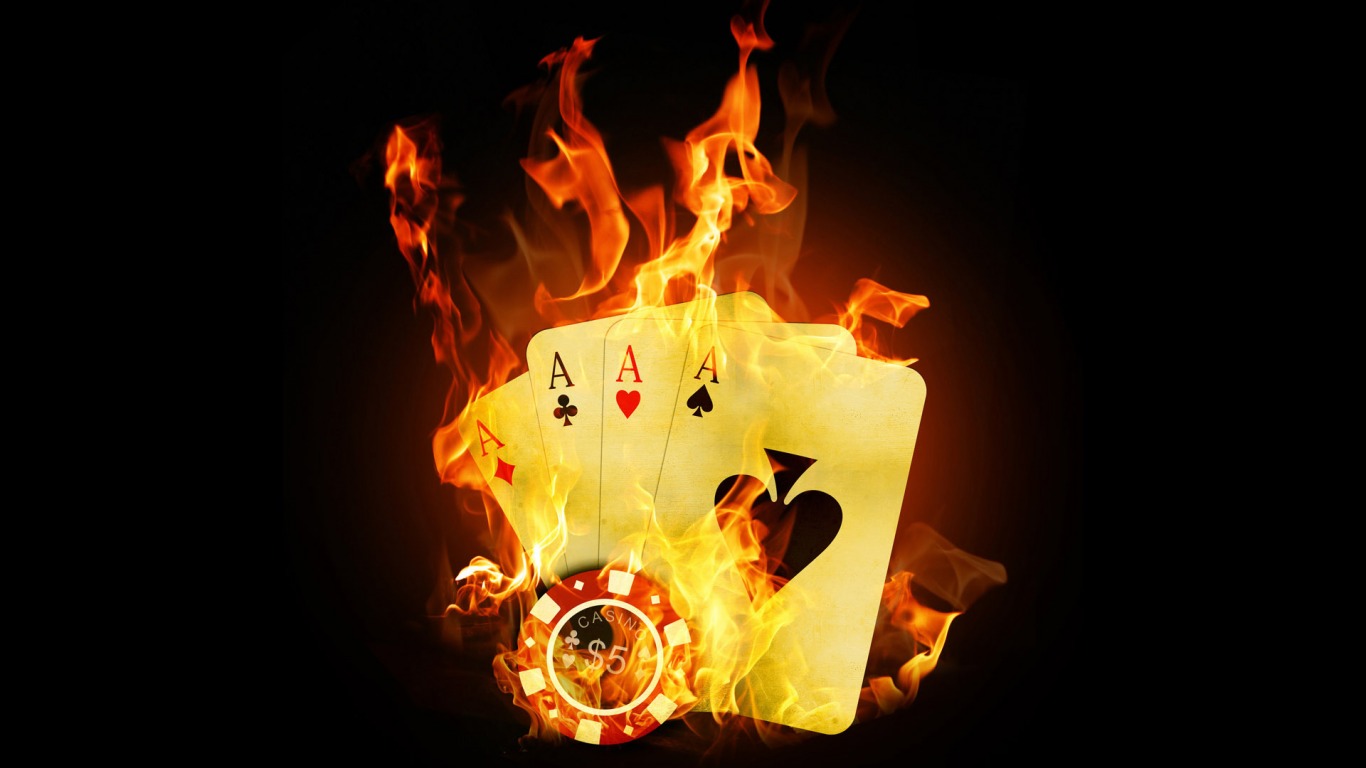
Book 6 of 10: The Signal and the Noise by Nate Silver
To continue this series, I would like to tell you about a book I found personally interesting to read. The author is Nathaniel Read Silver says Nate Silver. It is a statistician, sabermetricien and American writer specializing in statistical calculations of the results of major league baseball and the elections. He is the founder of the FiveThirtyEight website.
Silver is first known to have developed the PECOTA to predict results and possible career of major league baseball players. system that he sells to the Baseball Prospectus company and leads to it from 2003 to 2009.
In April 2009, it is designated as one of the hundred most influential people in the world by the New York Times.
The book which I speak to you today was published in September 2012 and was, at the time, in the New York Times Bestsellers list. He was also selected by the website Amazon.com as best non-fiction book by 2012.
He also pointed out that the author is a passionate Poker, subject addressed in his book precisely.
The book focuses on the skills of Silver which is the art of building a mathematical model using probability and statistics mixing it with historical data.
The interesting side of the book is that it gives us examples of specific and concrete, affecting several areas (baseball, the American elections, weather, poker, chess, etc).
The human being has always been wrong to predict and predict. For example, the invention of the first printing press to print and publish books made history. At present, human knowledge could be retained. A memory of our knowledge could be kept other than by oral speech (less faithful that writes). This moment in history was as much if not more important for communications say the democratization of the Internet there is very little time (at the level of history).
But after this invention by Gutenberg, very bloody periods of history ensued. As if human beings had not anticipated that facilitate communications between them would also create conflicts. As if human beings had naively thought that this invention would have positive sides.
It could be a similar analogy with us thinking about Facebook. Facebook is in theory a great tool: it allows people to meet up with old friends, to facilitate communication with people of our family, but it also has its negative sides.
How many "wars" have had leagues because of Facebook?
The chapter on Deep Blue (the super-computer created to beat Kasparov in chess) is also very interesting to read. The author explains where the creators of Deep Blue have failed and where Kasparov failed in his duel against Deep Blue. The computer chess has benefits certain (it calculates more quickly blows to the second as any human being), but also has weaknesses (lack of originality, adjustment difficulties, reproduces a model, bug, inflexible, etc).
During a round against Deep Blue, Kasparov had attempted a new openness to destabilize Deep Blue, programmed to play against several known and conventional openings (Kasparov saying that Deep Blue would not have this opening in memory and that he could exploit this weakness of the computer). Using a little classic opening, Kasparov was thus hoped to put Deep Blue less known terrain.
Kasparov is not flawless either.
During a game against Deep Blue, Kasparov drew a little backwards and Kasparov was discouraged by the skill of the computer that was excellent shots every time. Towards the end of the game, Deep Blue made a game that surprised everyone, a blow that person did. Kasparov later abandoned the party.
After analysis, that Kasparov with anticipated as engineering (since he was unable to understand the shot), turned out to be a computer error. After reviewing the part, Kasparov had realized that it could have been a draw against Deep Blue instead of surrender. He was allowed itself to mystify the computer and had abandoned too quickly. It was the first time that a world chess champion abandoned a part which he could make into part zero.
There not that poker players who love to leveler for nothing!
We will leave to our readers the pleasure of reading the chapter on poker and we'll let you talk about it again after reading on our forums!
PokerCollectif highly recommend reading this book for all poker players. Even if it does not deal directly and only poker, it will certainly be you a better poker player.
Discuss this news on PokerCollectif forums: 10 books that will make you a better poker player but are not the poker books




